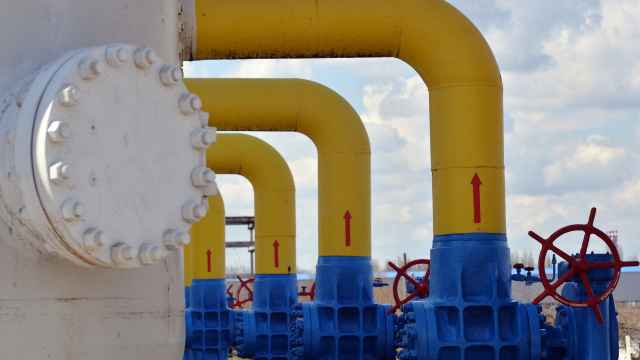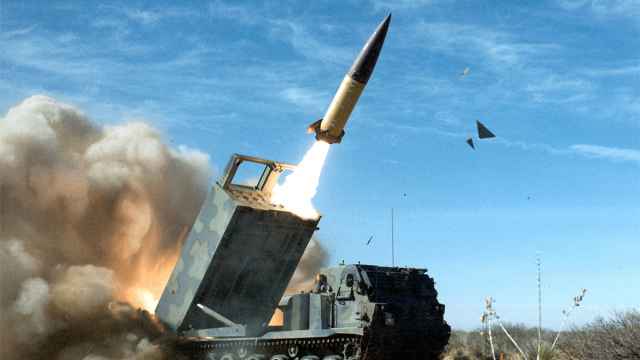The biggest difference between natural gas and crude oil prices in nine months is fanning calls by Europe's largest power producers to scrap the almost 40-year-old system for setting their fuel costs.
North Sea Brent crude costs $55 a barrel more than British gas, the most since May 3.
Gazprom agreed last year with companies such as E.On, Wingas, GDF Suez and Eni to reduce prices by including more spot fuel and delaying some contracted volumes to a later period, the Russian company said in a quarterly earnings report on Feb. 14.
Gas buyers on mainland Europe buy about two-thirds of their fuel under long-term contracts, a formula that's driven up their costs after Brent crude rallied 9 percent this year to a 28-month high.
British consumers can purchase gas at cheaper spot-market prices, which have fallen 15 percent.
"If E.On is pushing for 100 percent spot indexation, it suggests they believe the entire European market is moving to a fully liberalized structure," said Patrick Heren, who founded Heren Energy, the European price-information service bought by Reed Business Information to form ICIS Heren.
The contracts are often pegged to gas oil or fuel oil prices with a three to six month time lag, rather than crude, in a method that dates back to the 1970s. Spot gas prices have fallen 40 percent from their 2008 peak as industrial demand collapsed during the global financial crisis and U.S. and Middle Eastern supply rose.
As much as 67 percent of gas on mainland Europe was sold under oil-linked contracts last year, Societe Generale said in a Feb. 2 report. Prices in Britain's National Balancing Point market are determined by supply and demand, without any direct link to oil.
While purchases based solely on British gas futures would have averaged $6.40 a million British thermal units last year, the cost for buyers of Gazprom's contract gas was $8.60 a million Btu in 2010, according to data from Sanford C. Bernstein & Company.
The world's gas "glut" may exceed 200 billion cubic meters this year, up from 130 bcm in 2010, the International Energy Agency, an adviser to developed nations, said in November. The Paris-based agency defines glut as the capacity of interregional pipelines and liquefied gas export plants minus the volume of gas traded.
E.On "didn't share the money with their customers or with Gazprom when oil-indexed contracts were out of the money" in 2005-07. At that time, lower oil prices cut gas costs to utilities that bought supplies under multiyear contracts, said Thierry Bros, senior analyst at Societe Generale.
According to Heren, E.On and other companies are faced with the dilemma of buying gas at a higher price than they can pass on to consumers amid competition from liquefied natural gas shipments and British supplies priced in the free market.
A Message from The Moscow Times:
Dear readers,
We are facing unprecedented challenges. Russia's Prosecutor General's Office has designated The Moscow Times as an "undesirable" organization, criminalizing our work and putting our staff at risk of prosecution. This follows our earlier unjust labeling as a "foreign agent."
These actions are direct attempts to silence independent journalism in Russia. The authorities claim our work "discredits the decisions of the Russian leadership." We see things differently: we strive to provide accurate, unbiased reporting on Russia.
We, the journalists of The Moscow Times, refuse to be silenced. But to continue our work, we need your help.
Your support, no matter how small, makes a world of difference. If you can, please support us monthly starting from just $2. It's quick to set up, and every contribution makes a significant impact.
By supporting The Moscow Times, you're defending open, independent journalism in the face of repression. Thank you for standing with us.
Remind me later.





